Posted on May 17, 2022 by Eric Blair -

“It begins with a message: a telephone call informing Krishan that his grandmother”s former care-giver, Rani, has died in unexpected circumstances, at the bottom of a well in her village in the north, her neck broken by the fall. The news arrives on the heels of an email from Anjum, an activist he fell in love with four years earlier while living in Delhi, bringing with it the stirring of distant memories and desires.
As Krishan makes the long journey by train from Colombo into the war-torn Northern Province for the funeral, so begins a passage into the soul of an island devastated by violence. Written with precision and grace, A Passage North is a poignant memorial for the missing and the dead, and a luminous meditation on time, consciousness, and the lasting imprint of the connections we make with others.”
Posted on May 17, 2022 by Eric Blair -

It is 1985, in an Irish town. During the weeks leading up to Christmas, Bill Furlong, a coal and timber merchant, faces into his busiest season. As he does the rounds, he feels the past rising up to meet him — and encounters the complicit silences of a people controlled by the Church.
Adam Roberts, Chair of The Orwell Prize for Political Fiction 2022, commented:
Posted on May 17, 2022 by Eric Blair -

“Sterling is arrested one morning without having done anything wrong. Plunged into a terrifying and nonsensical world, Sterling – with the help of their three best friends – must defy bullfighters, football players and spaceships in order to exonerate themselves and to hold the powers that be to account.
Sterling Karat Gold is Kafka’s The Trial written for the era of gaslighting – a surreal inquiry into the real effects of state violence on gender-nonconforming, working-class and black bodies.
Following the Goldsmiths Prize–nominated We Are Made of Diamond Stuff, Isabel Waidner’s latest novel proposes community, inventiveness and the stubborn refusal to lie low as antidotes against marginalisation and towards better futures.”
Posted on May 17, 2022 by Eric Blair -

“A storm, a disappearance, a band of women and a remote island where anything is possible.
On an unnamed archipelago off the east coast of Britain, Eva Levi has made it her life’s work to build a community truly run by women. Now she has disappeared, rumours spread that it will be destroyed. But Cwen will never let that happen.
Cwen has been here longer than the civilisation she has returned to haunt. Her name has ancient roots, reaching down into the earth and halfway around the world. The islands she inhabits have always belonged to women. And she will do anything she can to protect them.
This remarkable novel is a portrait of female power and female potential, both to shelter and to harm. It reaches into our mythical past and opens up space for us to dream of a radical future.”
Posted on May 17, 2022 by Eric Blair -

“Perched on a hill above a village by the sea, the high house has a mill, a vegetable garden and a barn full of supplies.
Caro and her younger half-brother, Pauly, arrive there one day to find it cared for by Grandy and his granddaughter, Sally. Not quite a family, they learn to live together, and care for one another.
But there are limits even to what the ailing Grandy knows about how to survive, and, if the storm comes, it might not be enough.”
Posted on May 17, 2022 by Eric Blair -

“Mr Lloyd has decided to travel to the island by boat without engine – the authentic experience.
Unbeknownst to him, Mr Masson will also soon be arriving for the summer. Both will strive to encapsulate the truth of this place – one in his paintings, the other by capturing its speech, the language he hopes to preserve.
But the people who live on this rock – three miles long and half-a-mile wide – have their own views on what is being recorded, what is being taken and what is given in return. Soft summer days pass, and the islanders are forced to question what they value and what they desire. As the autumn beckons, and the visitors head home, there will be a reckoning.”
Posted on May 17, 2022 by Eric Blair -

“A highly inventive and and humane novel about our relationship with technology and our addiction to innovation.
‘Are they paying you extra for this? You’d better be getting something. For the inconvenience, I mean. Here for the whole weekend is what they said. What if we’d had guests? They never asked. And in any case what are the dangers? Being tested like lab rats, we are. Did they even try to provide any assurance it was all perfectly-‘
This is the prototype. The first step to a new future.
A future that will be easy and abundant. A future in which distance is no longer a barrier to human contact. And all it takes is a simple transport unit, in every home, every street, every town. Quick. Clean. Easy. A future driven by data, not emotion.
And so begins the journey of a new technology that will soon change the world and everyone in it – the sceptics and the converts, the innocents and the evangelists. A scientific wonder that quickly becomes an everyday aspect of life.
But what of our inherent messiness? In a world preoccupied with progress, what will happen to the things that make us human: the memories, the fears, the love, the blood, the contradictions, the mortality? As we push for a sense of perfection, what do we stand to lose?
Questioning, innovative and shot through with a rich humanity, Appliance is much more than a novel. It examines our faith in technology, our hunger for new things and the rapid changes affecting all our lives. It challenges us to stop and reflect on the future we want, the systems we trust, and what really matters to us.”
Posted on April 7, 2021 by The Orwell Prize -

Ali Smith was born in Inverness in 1962. She is the author of Spring, Winter, Autumn, Public library and other stories, How to be both, Shire, Artful, There but for the, The first person and other stories, Girl Meets Boy, The Accidental, The whole story and other stories, Hotel World, Other stories and other stories, Like and Free Love. Hotel World was shortlisted for the Booker Prize and the Orange Prize. The Accidental was shortlisted for the Man Booker Prize and the Orange Prize. How to be both won the Bailey’s Prize, the Goldsmiths Prize and the Costa Novel of the Year Award, and was shortlisted for the Man Booker Prize. Autumn was shortlisted for the Man Booker Prize 2017 and Winter was shortlisted for The Orwell Prize for Books in 2018. Ali Smith lives in Cambridge.
Smith, accepting her prize in a speech next to the mural of Orwell at Southwold Pier in Suffolk, sent this message:
The judges said:
The conclusion to Ali Smith’s seasonal quartet seals her reputation as the great chronicler of our age. Capturing a snapshot of life in Britain right up until the present day, Smith takes the emotional temperature of a nation grappling with a global pandemic, the brink of Brexit, heart-breaking conditions for refugees, and so much more. It will serve as a time-capsule which will prove to be essential reading for anyone seeking to understand the mood of Britain during this turbulent time.”
Posted on April 7, 2021 by The Orwell Prize -

Famous for her counterfactual novels about American politics, in Rodham Curtis Sittenfeld brilliantly riffs on what might have happened had Hillary never accepted Bill – at the third time of asking. A beguiling mixture of fact and fiction, this book immerses us in the intricacies and deal-with-the-devil calculations facing anyone hoping to succeed in American politics – particularly a woman! – and captures the inner life of a public figure determined to make a difference, yet also in search of personal happiness.”
Posted on April 7, 2021 by The Orwell Prize -
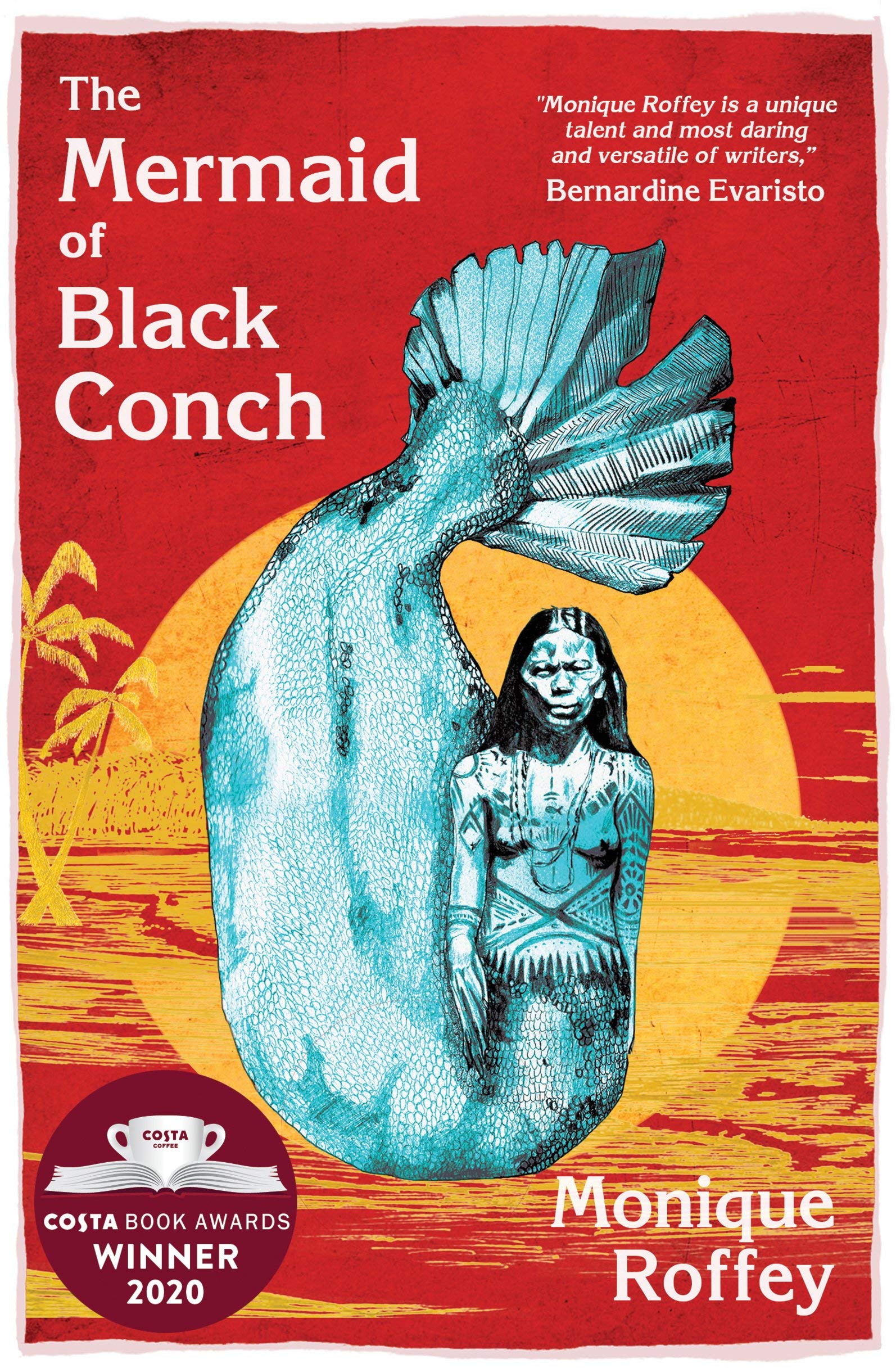
A story of love, family, and the colonial past in a Caribbean setting combine in Monique Roffey’s The Mermaid of Black Conch. This magic realist novel is inspired in its conception, deftly written and full of wisdom.”
Posted on April 7, 2021 by The Orwell Prize -

A wry and thoroughly wise state-of-the-nation novel which perfectly captures the anxieties of life in modern America: Weather is the work of an author wholly in control of her craft. Offill’s epigrammatic prose is so well observed and beautifully written it begs to be reread, and lingers with the reader well beyond the novel’s final page.”
Posted on April 7, 2021 by The Orwell Prize -
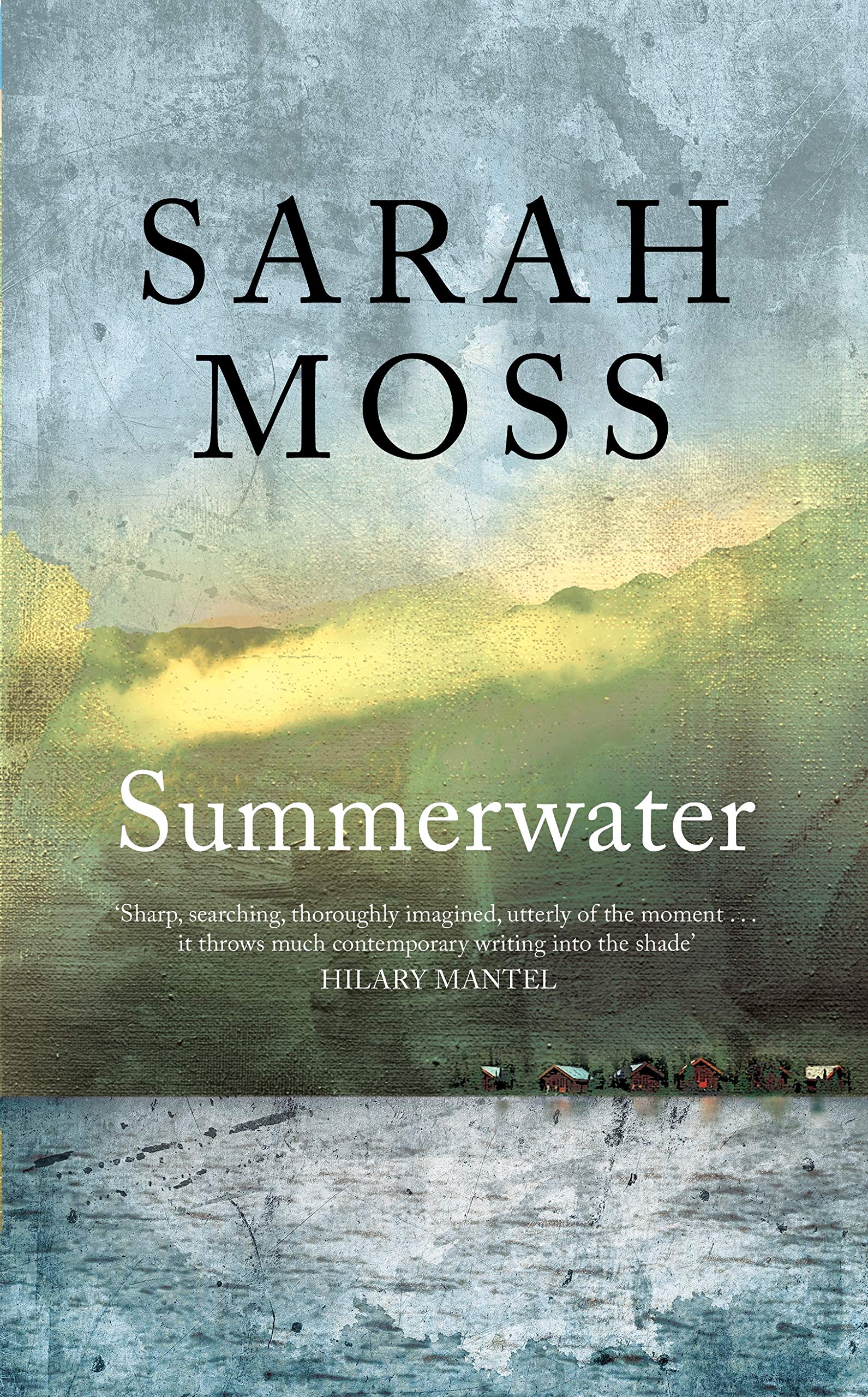
Sarah Moss’ microcosm of modern Britain captures the simmering sense of political unease across a cross-section of society. As her characters take turns to share Moss’ spotlight, each of their anxieties about the country’s future are given context and compassion: it is a sensitive and three-dimensional portrait of a nation on the edge, brimming with tension.”
Posted on April 7, 2021 by The Orwell Prize -
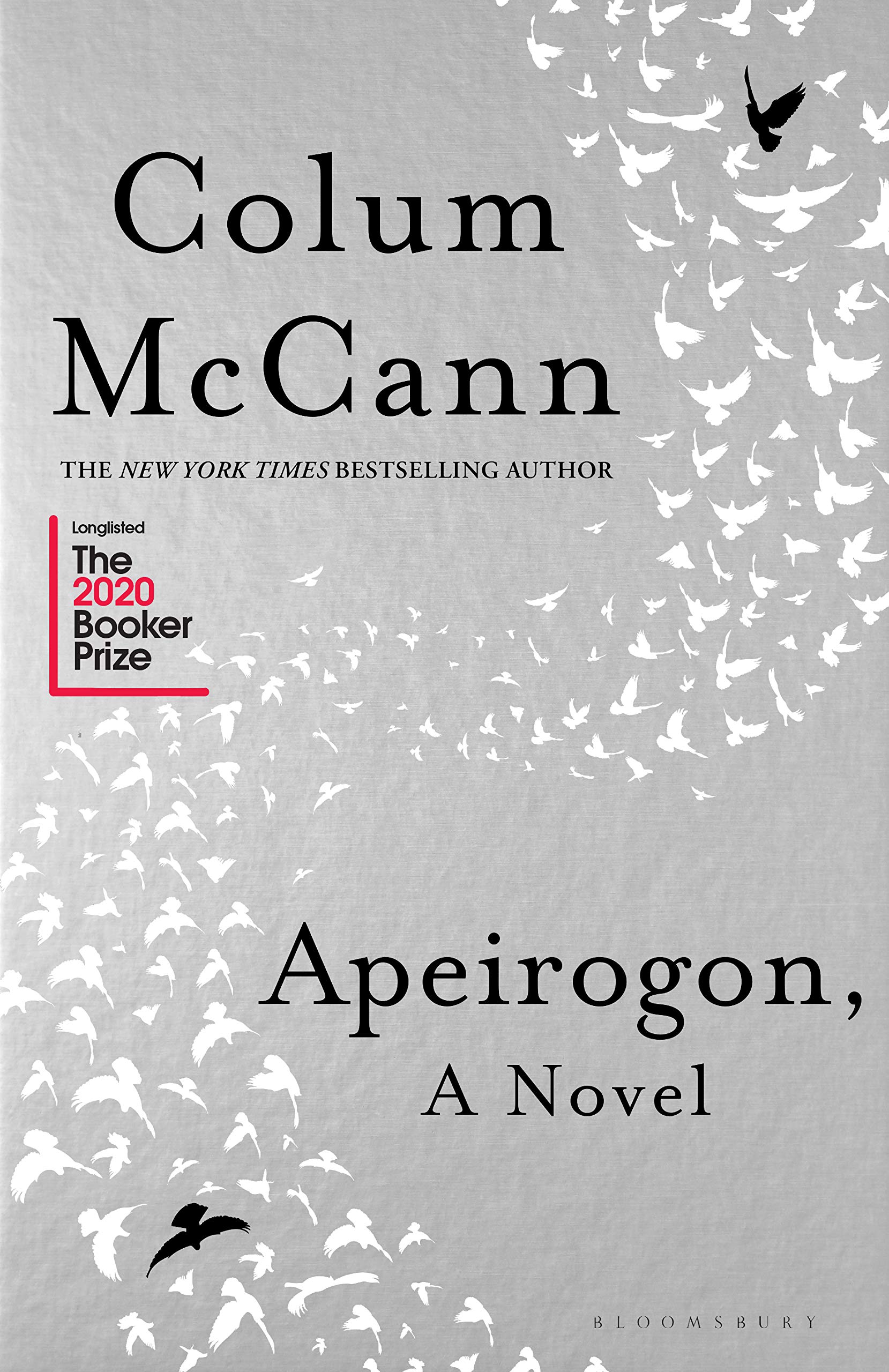
An apeirogon is a mathematical term for a shape with a countably infinite number of sides and is used by Colum McCann as a metaphor for the complexity of relationships between Israelis and Palestinians. Despite its abstract-sounding title, McCann’s astonishing novel is utterly and brilliantly grounded in the political realities of everyday life in the Occupied Territories, and the friendship of two men, who have both lost daughters in the conflict, and who forge a moving friendship across the many barriers that would divide them.”
Posted on April 7, 2021 by The Orwell Prize -
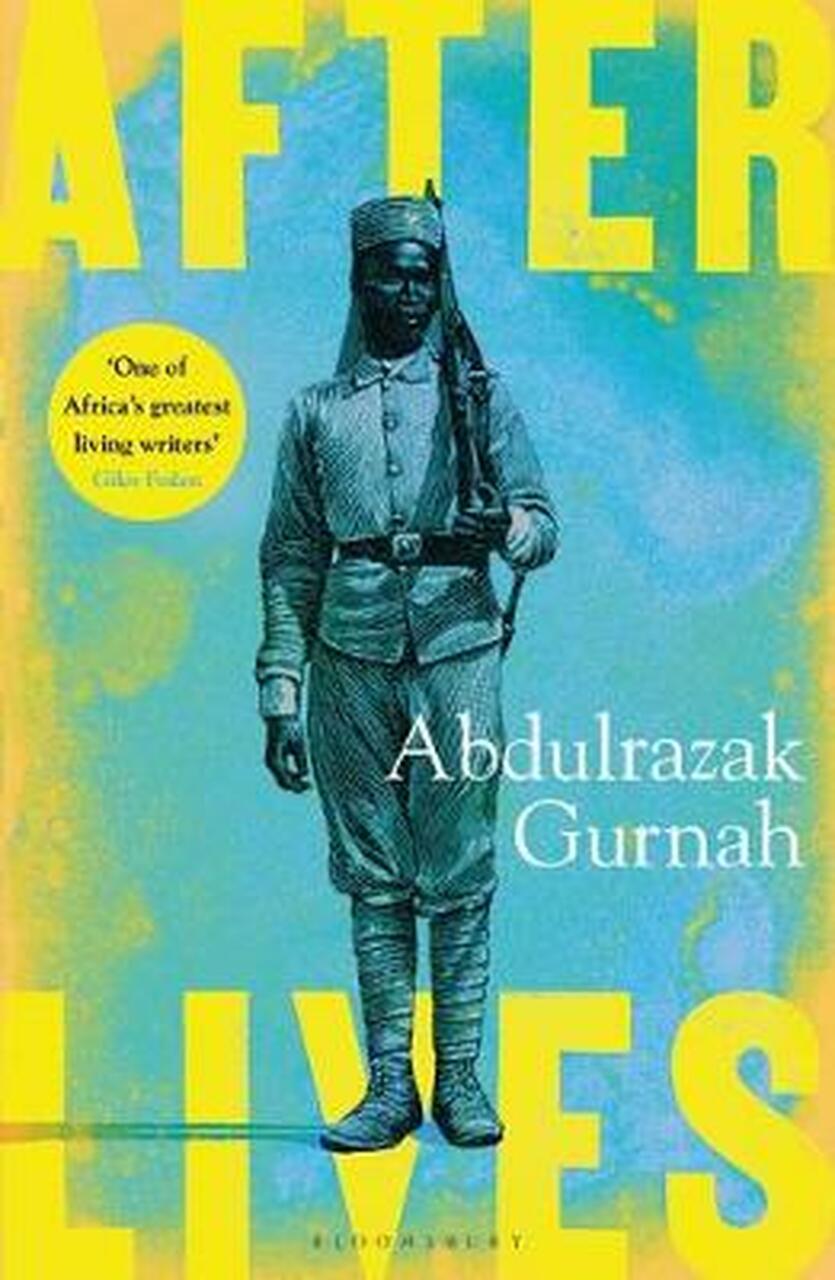
Set in what was German East Africa in the early years of the 20th century, Afterlives is an exquisite and haunting exploration of lives disrupted by colonial wars, and the chaos that followed the European scramble for Africa. At once subtle and limpid, the narrative interweaves the lives of characters at the mercy of the destructive forces unleashed by colonial struggles for supremacy but determined to grasp what happiness their troubled times will allow them.”
Posted on April 7, 2021 by The Orwell Prize -

With a nod to Barthes, Xialou Guo’s tender novel, movingly glides through a post-Brexit London romance. Wise and poignant fragments, both local and global, ultimately lead to an exhilarating conclusion.”
Posted on April 7, 2021 by The Orwell Prize -
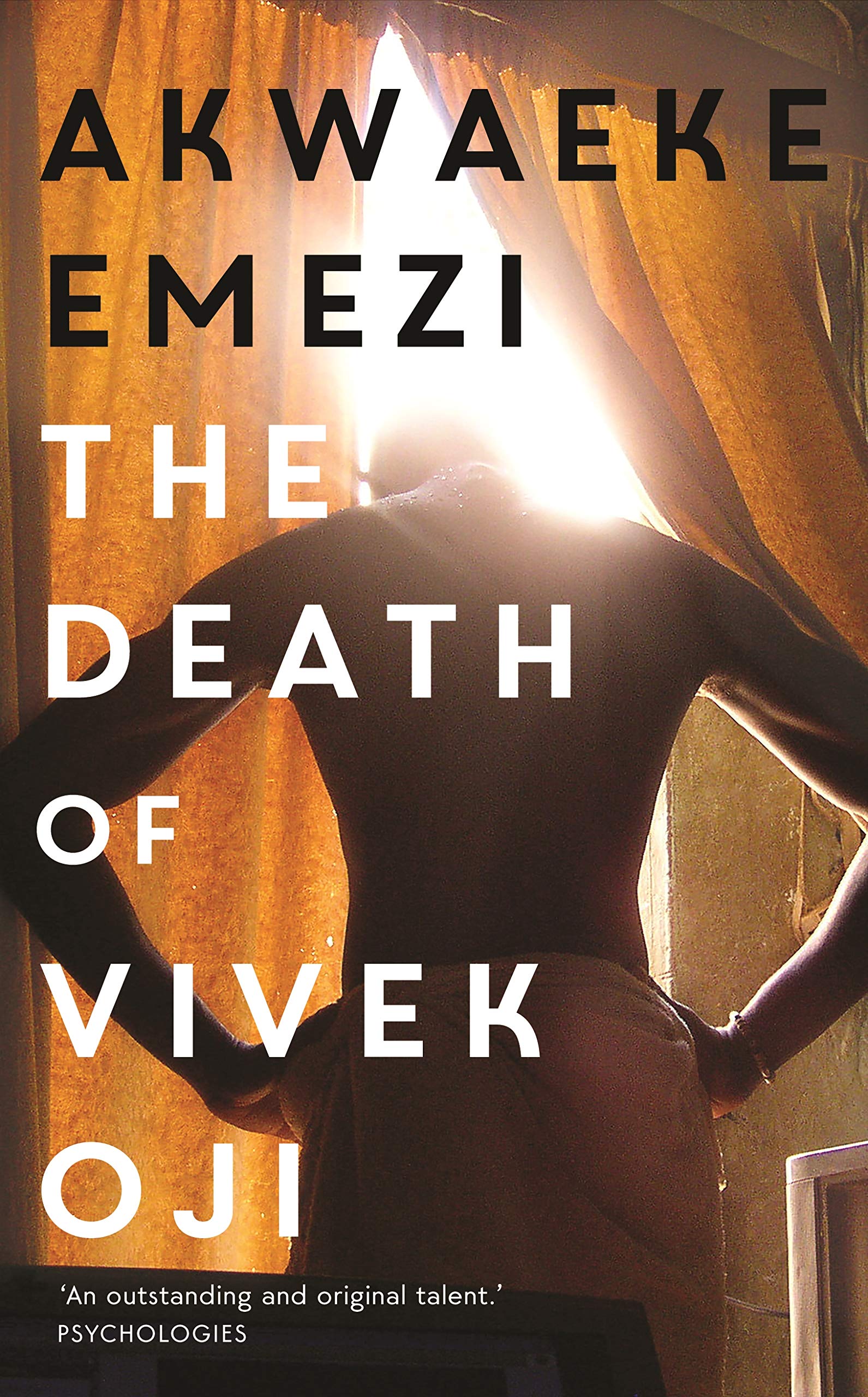
This novel develops a fascinating group portrait of young Nigerians negotiating the challenges and excitements of adolescence and early adulthood. Modernity and age-old cultural traditions are sometimes in alliance and sometimes pitted against each other, while the novel’s central character must court danger or betray their deepest impulses; the events that propel them towards their early death are narrated by Emezi with elegance, humour and sophistication.”
Posted on April 7, 2021 by The Orwell Prize -
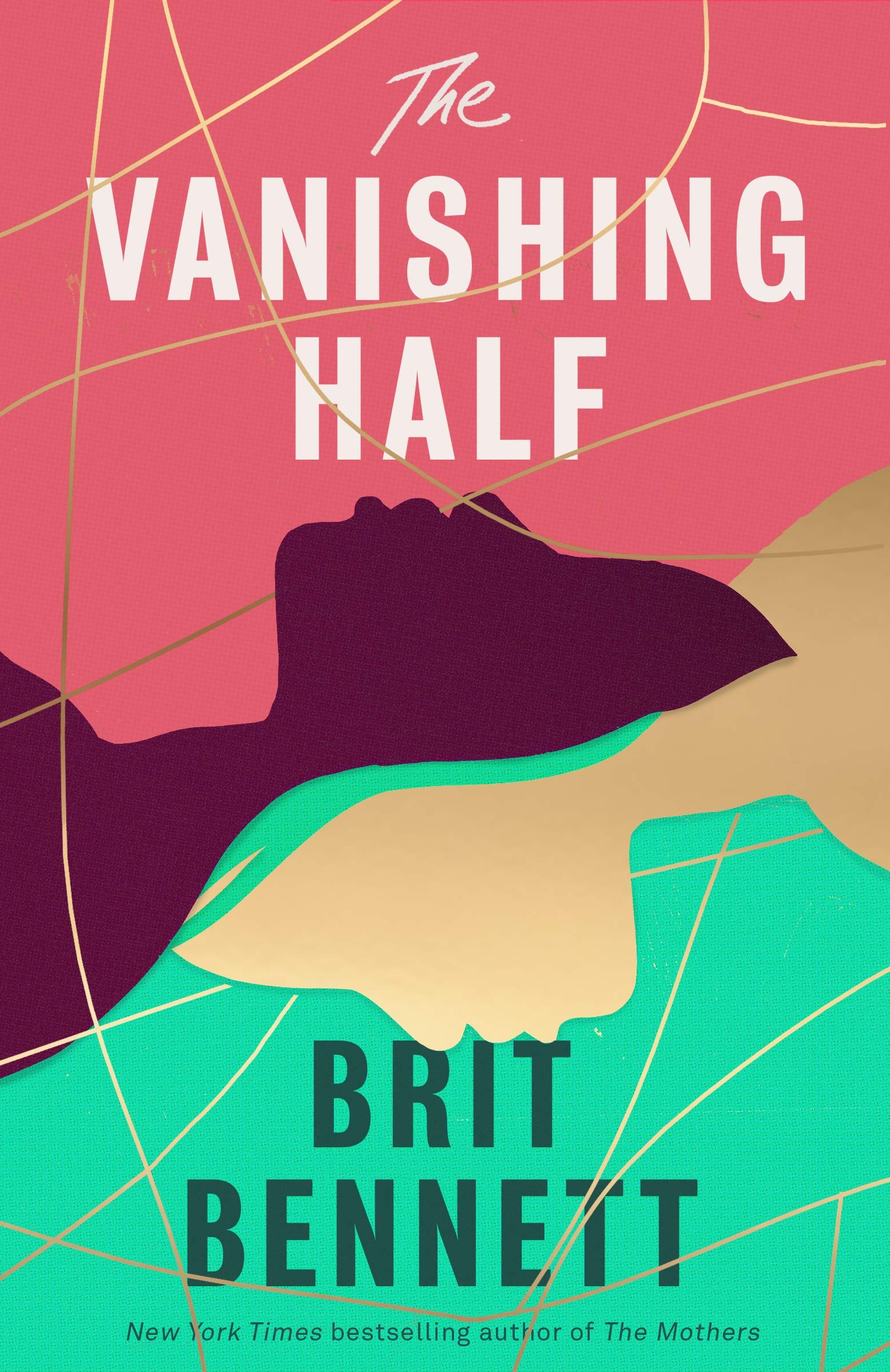
With The Vanishing Half, Brit Bennett confirms her astonishing grasp of the complexities of family life. A superb novel about race, belonging and the lure of the American dream!”
Posted on April 7, 2021 by The Orwell Prize -
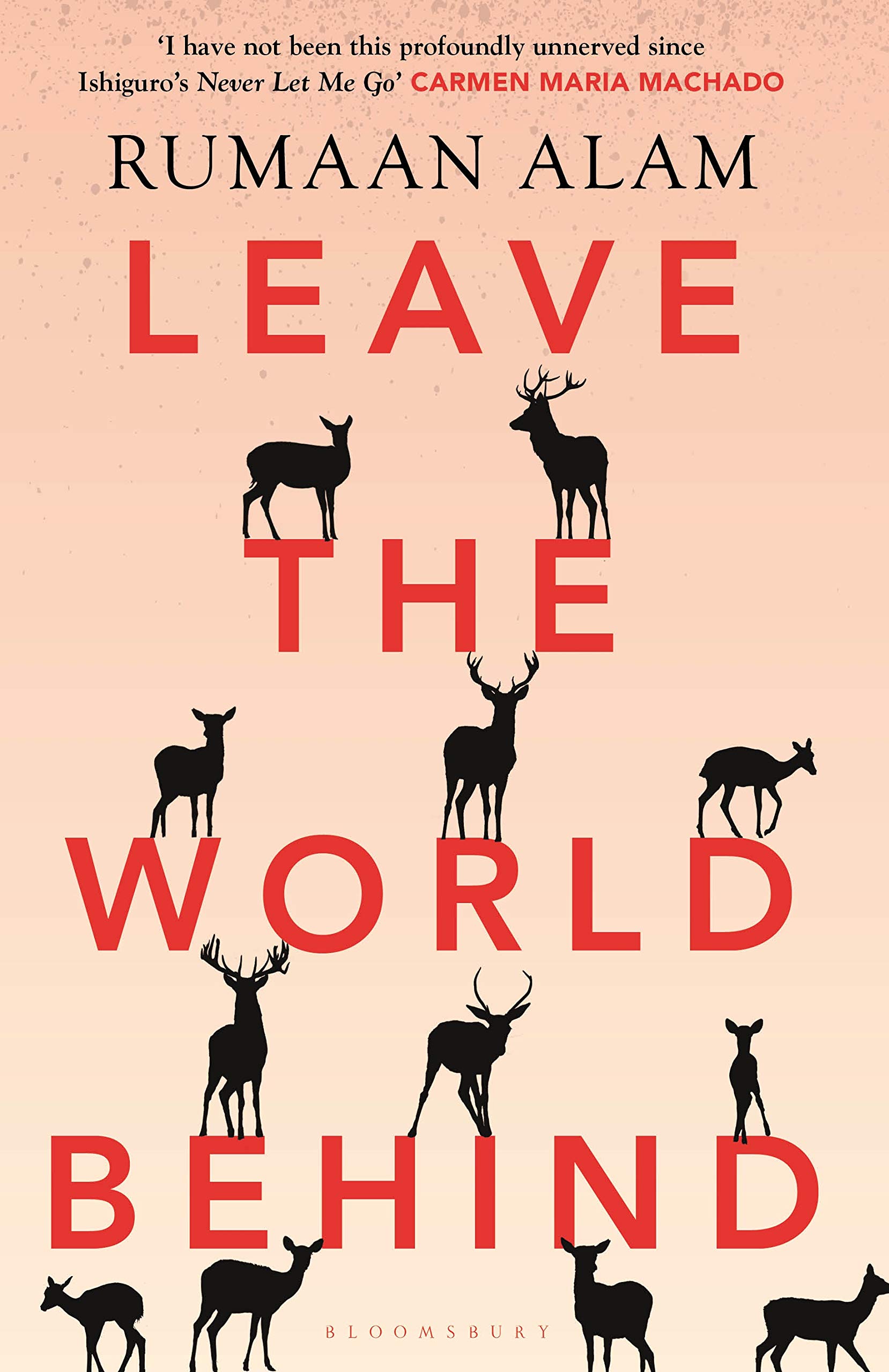
Rumaan Alam’s taut and terrifying disaster novel is a masterclass in dystopian scene-setting and pacing. Skewering consumerism, privilege, and our reliance on technology, Alam highlights the uselessness of societal divisions in the face of shared global catastrophe. A highly original, eerie, and prescient page-turner which wrestles complex social issues with confidence and verve.”

















